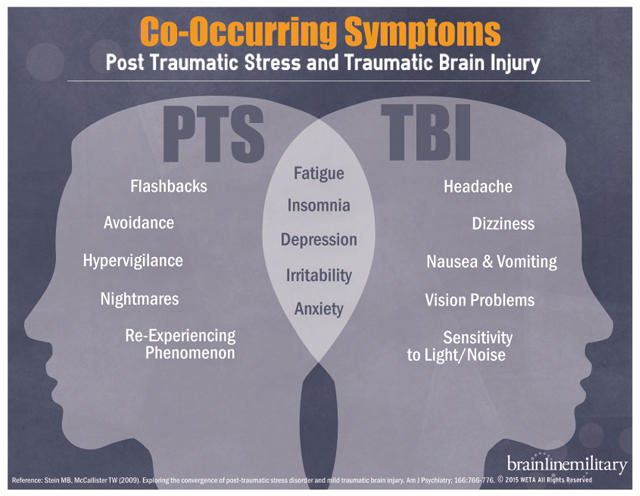

The best thing you can do for a bird that you suspect has head trauma is to take the bird to a vet or to a wildlife rehabilitation center.

Unconsciousness, loss of coordination, circling, eye-rolling, seeming disoriented, can’t focus, seeming depressed, listlessness, head tilt, weak wing or leg, convulsions, and seeming stressed are all signs of head trauma in birds. Continuous bleeding requires immediate veterinary attention. If the bleeding stops, then you can leave the bird undisturbed and get it to a vet for an examination later on. The bird may also develop an unusual sleep pattern after it suffers the head trauma.īlood loss in birds after a traumatic injury is common, you may find blood in the bird’s ear, mouth, nares, or in the anterior or posterior chambers of the bird’s eye. If the bird has head trauma, then the bird may sleep a lot right after the head trauma happens. Wing droop can also mean that the bird is sick.Ī bird that prefers the bottom of its cage over being active and perching in its cage is a bad sign, this behavior can signal head trauma or illness.Ī sudden need for the bird to sleep a lot is a bad sign. Wing droop will usually develop after head trauma. Perching is normal and natural for birds, they learn to do this quite early on but may have issues with this after they suffer head trauma.Ī bird with head trauma will not only have difficulty perching, but it will also regularly fall off its perch as well.īirds aren’t able to mask this sign of head trauma. The bird’s eyes will roll back if they have head trauma and the bird’s eyes may track back and forth if the bird has head trauma. Signs of head trauma in birds include:Ī bird with head trauma will develop strange eye movements. The word head trauma refers to a variety of injuries that can happen to the bird’s skull, brain, underlying tissue, and blood vessels. What to do before the vet: Signs of head trauma in birds:.Please don't ignore these signs, especially if you see any child with these. Please take that seriously ! Having these signs alone does not immediately mean that a child has trauma or PTSD, but it indicates that something is off that warrants your attention. This could be a sign of dissociation of derealization. Ĩ Spacing out even during engaging activities. ħ Physical complaints EG - Stomachache, headache, other pains that seem to have no other cause. For a child with trauma, this is often the only way thry can express themselves and relieve their pain. Ħ Anger and irritability, lashing out at people, destroying objects. ĥ Losing interest in the activities they once used to enjoy. Ĥ Closing themselves off from people, suddenly being very quiet when they were lively and cheerful before. ģ More frequent sleep disturbance and vivid nightmares. Ģ Separation anxiety - when a child becomes overwhelmed with anxiety if their parents are not around. Which is why when it comes to trauma and even PTSD ( Post traumatic stress disorder ), or any other serious mental health condition, we have to look at things like there behaviour ! 🤔ġ Suddenly acquiring new fears and phobias that they didn't have before. They often don't have the vocabulary or ability to talk about their emotions, and many times they don't actually know what they're feeling and why. The thing about children is that they aren't too natural at voicing out how they truly feel. I often heard about signs of trauma for children and you must have heard about it too but today let's talk about it ! Ofcourse i don't expect any children to be reading this but i do think many parents, guardians, and siblings to be ! ✅🧠


 0 kommentar(er)
0 kommentar(er)
